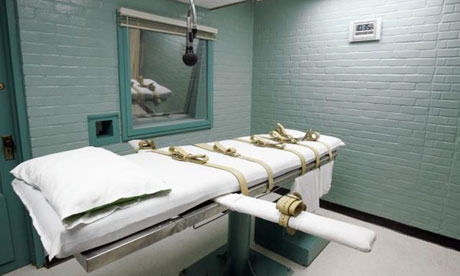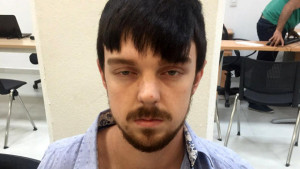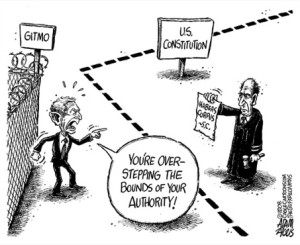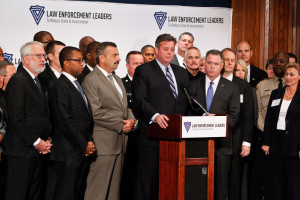Earlier this month, over 275,000 signed a petition and sent it to President Obama requesting a pardon for Steven Avery, the main character of the real life Netflix mini series. The Netflix ten-part series, Making of a Murder, has brought forward a public outcry and has motivated a great many U.S. Citizens to voice their lack of faith in the criminal justice system in the United States.
 The series is about Steven Avery’s rape conviction, eighteen-year incarceration, subsequent exoneration and release, the wrongful incarceration law suit and finally a murder conviction following hard upon his release and lawsuit. The story of Mr. Avery’s rape conviction, incarceration and subsequent murder conviction has spotlighted what has been portrayed as corruption and a venal manipulation of evidence, and the courts by the police to silence a wrong by imposing an additional wrong.. In what is an epiphany for many, the criminal justice system is seen as a system that is criminal in what it does to any concept of justice.
The series is about Steven Avery’s rape conviction, eighteen-year incarceration, subsequent exoneration and release, the wrongful incarceration law suit and finally a murder conviction following hard upon his release and lawsuit. The story of Mr. Avery’s rape conviction, incarceration and subsequent murder conviction has spotlighted what has been portrayed as corruption and a venal manipulation of evidence, and the courts by the police to silence a wrong by imposing an additional wrong.. In what is an epiphany for many, the criminal justice system is seen as a system that is criminal in what it does to any concept of justice.
In response to the Petition, the White House, said:
Under the constitution, only federal criminal convictions, such as those adjudicated in the United States District Courts, may be pardoned by the President. In addition, the President’s pardon power extends to convictions adjudicated in the Superior Court of the District of Columbia and military court-martial proceedings. However, the President cannot pardon a state criminal offense.
Mr. Avery was convicted of rape in 1985. He served eighteen years in a Wisconsin prison and in 2003 he was released from prison when DNA evidence was brought forward to prove his innocence, which exonerated him of the rape conviction and set him free. Upon his release, Mr. Avery sued the County of Manitowoc, Wisconsin, and the officials who convicted him of the rape. His demand was for $36 million or two million dollars for each year he was wrongfully imprisoned. After Mr. Avery filed his suit he was arrested and charged with a murder. The ten-part series tells the story of Steven Avery’s murder conviction in 2005.
Mr. Avery maintains, and the story line conveys, that Mr. Avery was framed by law enforcement officials who changed evidence, withheld facts and so manipulated the system that a jury convicted Mr. Avery of murdering a young woman. The allegedly “cooked up” murder evidence and subsequent murder conviction in 2005 was done by the same public officials he was suing for his wrongful incarceration for rape. It would appear that the murder case was concocted to punish him for seeking monetary damages for the eighteen years he was imprisoned for rape.
From the date of Avery’s arrest for murder in 2005 he maintains that he was “framed” for the murder. At the murder trial, he claims in an appeal, the prosecution introduced a “phantom” key, a vial of Avery’s blood that had its evidence seal tampered, and extra-judicial involvement of the very policemen who worked to convict Avery in the rape case and who were respondents in his civil lawsuit for $36 million.
 South Florida Criminal Defense Lawyer Blog
South Florida Criminal Defense Lawyer Blog












